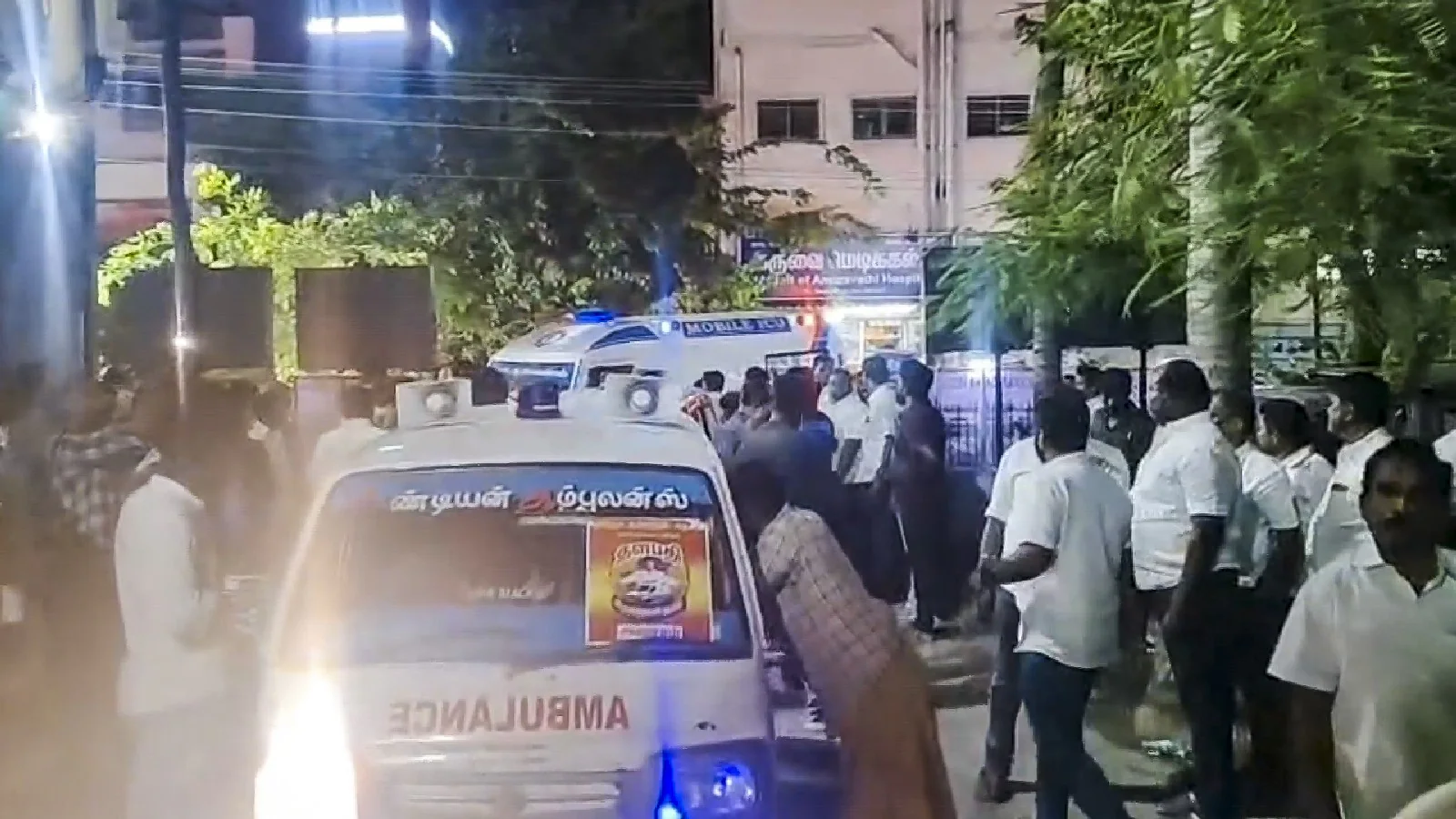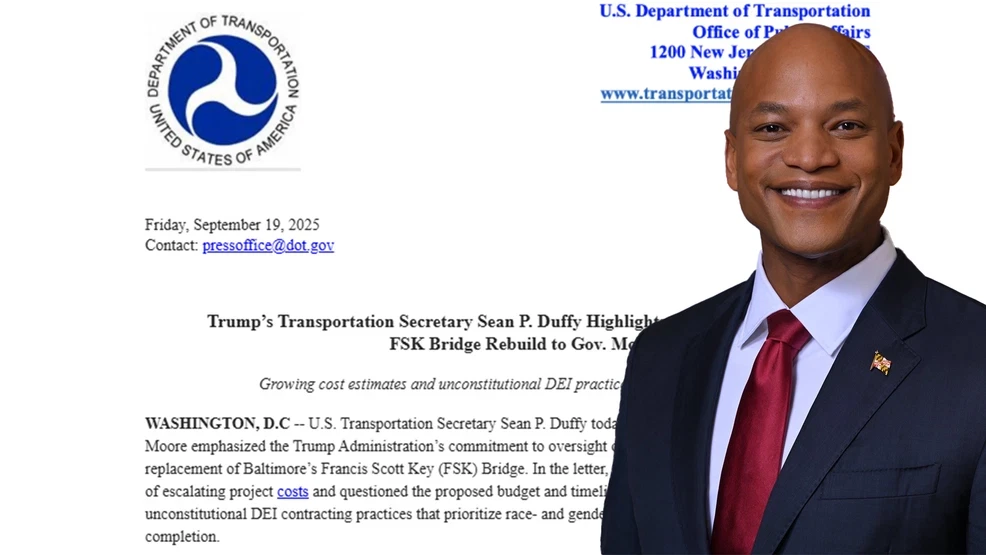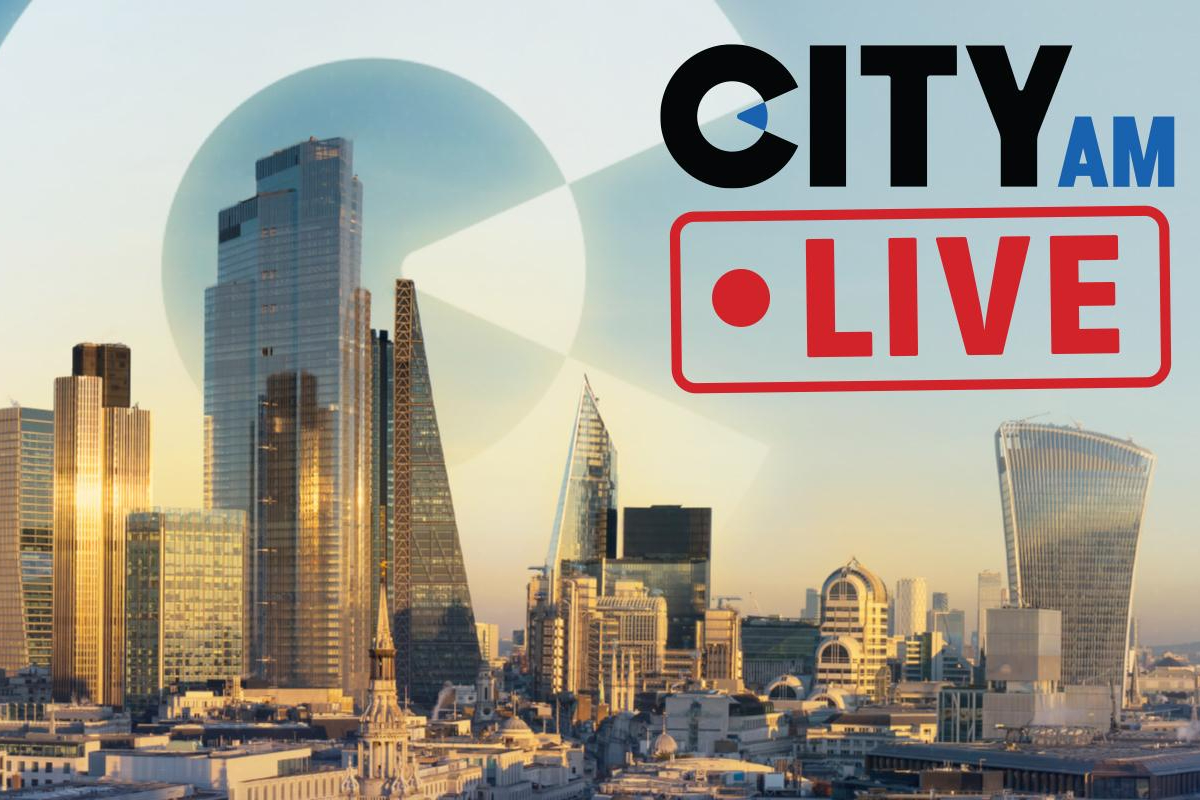By News18,Rohini Swamy
Copyright news18

The tragedy that unfolded in Karur at actor-turned-politician and Tamilaga Vettri Kazhagam (TVK) chief Vijay’s rally was more than just a stampede — it was a heart-wrenching reminder of what happens when glamour, politics, and sheer irresponsibility collide. At its core, this was not a freak accident. It was a disaster that unfolded fuelled by reckless planning, poor crowd control mechanism, and an entitled belief of politicians, and in this case cine stars that people would wait endlessly for their leader to arrive.
Forty one dead including ten children, over 50 injured hospitalised, yet actor-turned politician Vijay is yet to visit the hospital or meet the victims. While TVK was quick to blame the ruling DMK government and go to the courts, the question that is being asked time and again is why isn’t Vijay not with the victims?
Eyewitnesses recalled the chaos erupted as there was sudden darkness that set in due to a sudden power failure. That combined with the narrow access roads and a sudden abrupt surge of people just before Vijay arrived towards the main area where he was to address.
In the ensuing panic, growing crowds, and suffocating atmosphere – families were separated, and women and children struggled desperately for air. Post-mortem reports confirm that the victims died due to suffocation.
TVK has insisted that the stampede was not a tragic mishap but a deliberate conspiracy. But Tamil Nadu Police has dismissed this version outright. Additional Director General of Police Davidson Devasirvatham was categorical in his response — there was no stone-pelting, no external provocation. What happened in Karur, he said, was the result of gross mismanagement by TVK’s own organisers.
According to the police, TVK had been instructed to shift the rally from Karur town, where it had initially sought four venues including the Bus Stand roundabout and the Light House. All of these were densely populated business areas, and permission was denied.
Instead, the party was allotted Velusamipuram on the Karur–Erode Road, the same ground where AIADMK general secretary Edappadi K Palaniswami had held a rally just a day earlier, on September 25. The TN government said that TVK ignored warnings, pushed ahead with poor planning, and the consequences were devastating.
Barricades set by the political party were insufficient, exits unclear, and Vijay’s campaign vehicle itself became a trigger point for the chaos. Visuals from the event captured the desperation of people stretching to see their leader; none could have imagined that longing for a glimpse would cost lives.
The backdrop makes the loss even more painful. Most of the victims were young adults, aged 18 to 30. Their families had sent them with hope and pride to see a leader who promised change. They returned in coffins. The irony could not be starker: power and entitlement may have whisked Vijay to safety, but what about those who never made it home?
Vijay’s rally was slated to address the crowd at noon. Yet, like so many political events anchored on star power, the timeline stretched, and stretched further. Tamil Nadu has seen some of the most powerful politicians who have been born from filmdom and grown to become some of the tallest leaders in Tamil Nadu’s political stage – be it former chief ministers like MG Ramachandran, K Karunanidhi or J Jayalalithaa, Vijayakanth amongst others.
Coming back to the Karur tragedy, Vijay’s supporters from Karur and neighbouring districts began pouring in as early as mid-morning. By 10 am, the venue was swelling under the scorching sun. There was no shade, no proper drinking water, and no crowd management. People had travelled from Trichy, Erode, and Coimbatore, many of them women and children, determined not to lose their spot. The only motivation: to catch a glimpse of their screen idol in flesh and blood.
But Vijay never appeared at the promised hour. Rally after rally elsewhere delayed his arrival. By the time his campaign van inched its way through the crowds, it was nearly 7 pm — seven long hours later. By then, people were dehydrated, exhausted, and packed so tightly that any surge could tip into tragedy. And tragedy struck.
What compounded the grief was not just the tragedy itself but the response that followed. Vijay was swiftly whisked away by party leaders, far from the cries of mothers and the wails of families echoing through Karur’s hospitals. For hours that turned into a day, the victims and survivors saw no sign of TVK’s leadership. Second-rung leaders stayed away. Families who had lost their loved ones were left alone with their grief. Even after 24 hours, no functionary had visited the injured or consoled the bereaved.
When Vijay finally responded, it was not face to face, but via a social media post. “I share the sorrow of those who have lost their loved ones. As a family member, I will stand by you in this time of grief,” his statement read. He prayed for the recovery of the injured, and announced a solatium of Rs 20 lakh for the families of the deceased and Rs 2 lakh for the injured. But the image that stayed was not one of solidarity — it was of closed-door meetings at his Chennai residence, while Karur’s hospitals overflowed with grief and unanswered questions.
The TN police have filed cases against senior TVK leaders even as the party has approached the Madras High Court alleging that stone-pelting, lathi-charge and a larger conspiracy were behind the Karur tragedy. TVK district secretary Mathiazhagan, party general secretary Bussy Anand, and joint general secretary CT Nirmal Kumar have been booked under provisions of the Bharatiya Nyaya Sanhita, including culpable homicide not amounting to murder, attempt to commit culpable homicide, rash acts endangering life, and disobedience of lawful orders, along with charges under the Tamil Nadu Public Property Damage Act.
The opposition has also sharpened its its attack. BJP functionary Vinoj P Selvam pointedly remarked, “Except TVK, all other political parties visited Karur overnight to meet the affected.”
VCK deputy general secretary Vanniyaarasu said, “Vijay left Karur in a hurry without consoling the affected families. Even his second-rung leaders have not stood with the people. But he rushed to court to escape responsibility.”
The tragedy has now spilled into the courts. TVK has moved the Madurai bench of the Madras High Court seeking an independent investigation into stampede. One of injured men in the September 27 stampede has moved the Madras High Court, asking that Vijay and his party TVK be barred from holding any more public meetings until the Karur disaster is properly investigated, responsibility fixed, and safety protocols guaranteed.
Senthilkannan, the petitioner, wants the court to restrain the DGP from granting permissions to TVK, pointing out that lives cannot be risked again in the name of political spectacle. Ironically, his petition seeks to intervene in TVK’s own case, where the party is seeking permission to hold rallies across Tamil Nadu between September and December.
The plea is not just legal — it carries the raw anguish of someone who lived through the chaos.
Karur was never just another rally. It was meant to showcase TVK’s strength, to underline Vijay’s crossover from cinema to politics. Instead, it revealed something far more damning: when politics is treated as performance and people as props, tragedy is not an accident — it is inevitable.
The lights dimmed in Karur that night, not on a film set, but in real lives — lives that deserved more respect than a delayed speech and a belated tweet.



